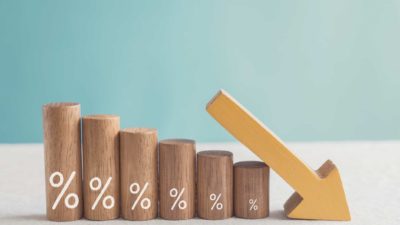Over the course of the past few decades, cars have been the biggest detractors of wealth for middle-class households.
Think about it. Cars lose about a third of their value as soon as you drive it out of the car salesman's car park. Do that wealth destruction every five or ten years and you've lost tens of thousands of dollars over a lifetime.
Therefore I think it's important you only buy cars you can afford over the long-term.
Here are 5 things to consider:
Can you pay for it entirely with cash?
I believe the only thing you should buy with a loan in your personal life is property.
If you can save up to buy a car with cash then that's a sign of how far your finances and budget can stretch. If you can't pay for it with cash, is it the right car for you? I can understand needing to buy a car quickly if you need to use it for work, just don't go overboard.
Can you afford the monthly car loan repayments?
People are comfortable and capable of allocating money to things that need to be paid like the rent/mortgage payment and utility bills.
But our cash ends up being spent on things like eating out and other things too.
Unless you do a good a very good job budgeting I think you need to be a conservative with how much you can realistically put towards your car loan payments.
Is your car value a reasonable percentage of your earnings?
In the same way that economists look at house prices compared to people's earnings, I think you should do a comparison of the car price against your salary.
A conservatively sustainable figure of around 20% could be a good gauge. That would mean a $100,000 salary translates to a $20,000 car. Obviously, there is a minimum car value that some lower earning people would need to pay for a reasonably safe car, even it's more than 20% of earnings.
Used cars
I think everyone needs to consider a used car.
You can use the heavy car depreciation rate to your advantage by buying a perfectly good and modern car that was sold for a lot more a few years ago. Carsales.Com Ltd (ASX: CAR) can be your friend to find a good deal.
Just because a car is half the price doesn't mean it has half the economic life, half the comfort or half the safety of a brand new car.
If you're not considering a used car you may be trying to 'keep up with the Joneses' too much.
Can you stomach the loss of compounded wealth?
Paying an extra $5,000, $10,000 or $20,000 for a better car doesn't sound too much, but when you think of it in terms of how much that amount of money could have compounded into if you had invested it instead – that should make you stop and think.
Over 30 years, compounding at 10% a year, $5,000 turns into $99,187, $10,000 turns into $198,374 and $20,000 turns into $396,748. Is getting a more expensive car worth taking $400,000 off your retirement portfolio? Can you stomach that?
Foolish takeaway
The more you don't spend on your car, the more money you have to invest and grow your wealth.







